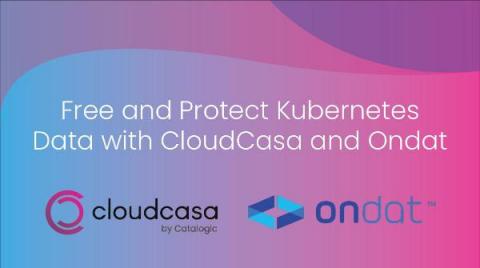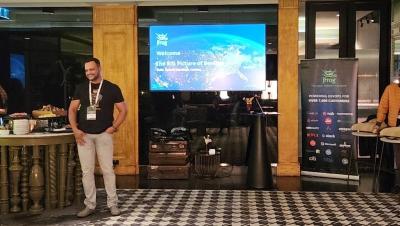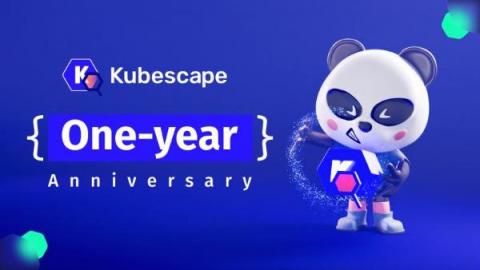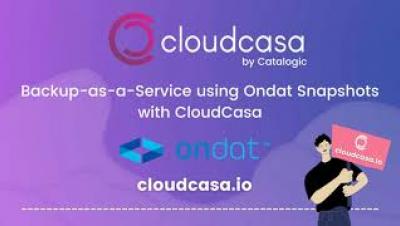Free and Protect Kubernetes Data with CloudCasa and Ondat
The adoption of Kubernetes and its ecosystem has continued its rapid growth, with over 5.1 million developers worldwide now using Kubernetes. Developers are adopting and utilizing Kubernetes to manage containerized workloads and services. Kubernetes has many benefits for organizations and developers including auto scaling, automated deployment and rollback, self-healing, loading balancing and application centricity.











